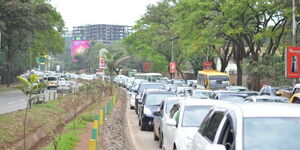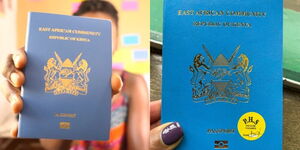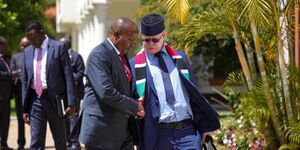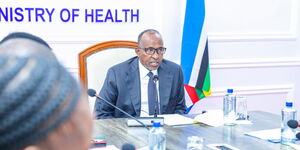A new Worldbank report has posited a way in which the country can save Ksh71 billion in the wake of the COVID-19 pandemic.
The report titled African Pulse was released on April 9, 2020, and explained that temporary debt relief will be necessary for fighting COVID-19 while preserving macroeconomic stability in the Sub-Saharan region.
"A debt moratorium granted by official creditors to Angola represents Ksh410 billion (4 per cent of GDP), while the resources released for Kenya would total Ksh71 billion (0.8 per cent of GDP) if the suspension of debt payments comes from official bilateral creditors.
"In a region that may need an emergency economic stimulus of Ksh10 trillion—which includes an estimated Ksh4.4 trillion waiver for interest payments to multilateral, bilateral, and private creditors in 2020— a debt moratorium would immediately inject liquidity and enlarge the fiscal space of African governments.
Bilateral debt is debt owed by one government to another, while a debt moratorium is a delay in the payment of debts or obligations as a result of an agreement by national governments.
According to the report, the cash crunch being experienced as a result of dwindling revenues due to the COVID-19 pandemic is reducing African countries’ fiscal space (the flexibility of a government in its spending choices).
This situation has forced the reference commodity prices and growth rates in the government budgets to be significantly revised downwards.
The report informed that the Sub-Saharan region's problems are further compounded by risky debt situations it is finding itself in, and that it would require the intervention of other organisations and creditors to bail it out.
"The problem is compounded by the larger and riskier debt positions and an increase in external borrowing costs which will further worsen debt sustainability prospects.
"Conducting effective policies while preserving macroeconomic stability in the region during the COVID-19 crisis will require massive international coordination and support. Financial assistance from multilateral organizations and official bilateral creditors will be needed," World Bank stated.
The international lender further informed that the external debt service paid by the Sub-Saharan region to official bilateral creditors in 2018 amounted to around Ksh1trillion (0.6 per cent of Sub-Saharan Africa’s GDP).
Treasury CS Ukur Yattani on Monday, April 6, confirmed that the government was in the process of negotiating for such a debt moratorium in line with the World' bank's directive.
The process, he stated, was being conducted by the African Union on behalf of all African countries.
"We are negotiating for rescheduling of debt. We are not doing it as a country. It is negotiated under the ambit of the African Union (AU) and all developing countries," Yattani stated.












